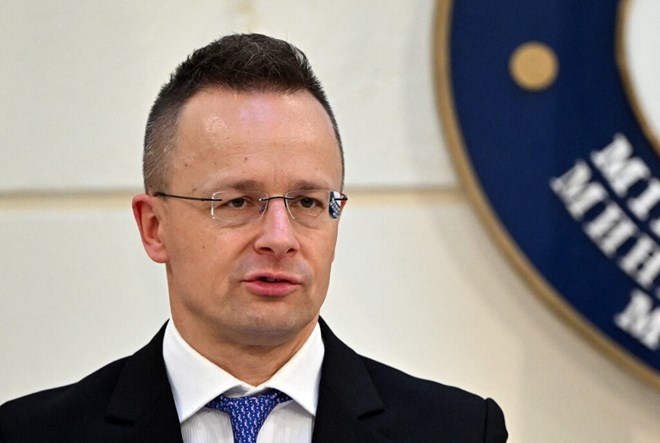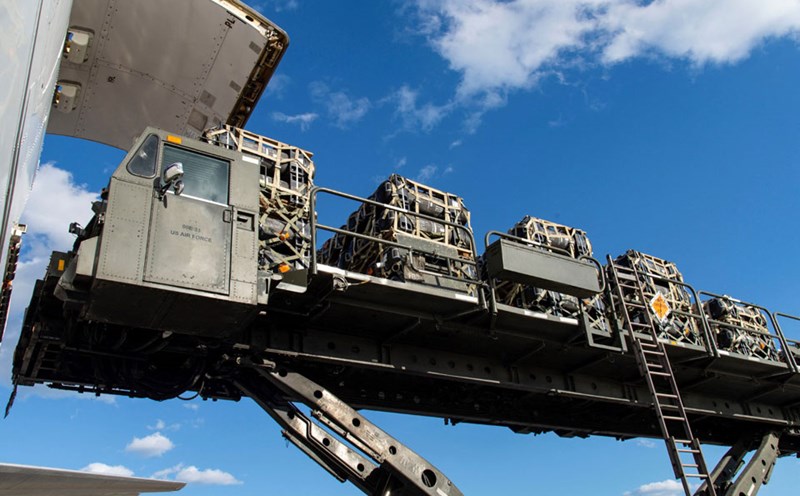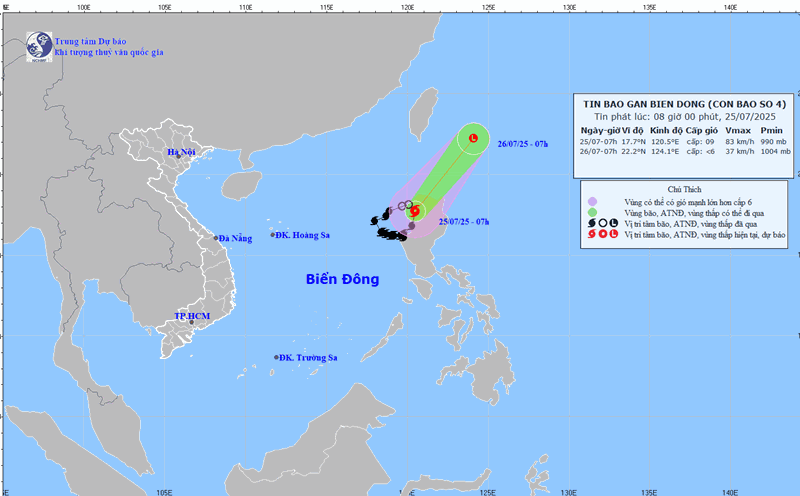On July 24, Foreign Minister Peter Szijjarto said that Hungary had never and will never provide weapons to Ukraine because it did not want to be a part of the conflict in Eastern Europe.
Mr. Szijjarto affirmed that Hungary's main goal is to maintain a non-professional stance in the conflict, and affirmed that this view will be maintained as long as the current Budapest government is in office.
Foreign Minister Szijjarto said that Hungary will not allocate any financial resources to Ukrainian military aid. This means that Budapest could not only tighten the state budget but also use its boycott to hinder the European Union's (EU) support plans for Ukraine in the future.
Szijjarto's statements on July 24 immediately made observers question the possibility of Ukraine continuing to receive US weapons as President Donald Trump proposed on July 14, which would be paid by its European allies.

Hungarian Prime Minister Viktor Orban also has a similar view.
In May, Prime Minister Orban affirmed that Budapest will not participate in the EU's plan to provide additional military weapons to Ukraine.
In an article on social network X, Prime Minister Orban frankly stated that Hungary must prioritize allocating resources to self-invest in its own defense capabilities, instead of spending billions of euros to support Ukrainian soldiers for many years.
This stance in Budapest is not new, it has been expressed since the conflict broke out in February 2022.
At that time, Prime Minister Viktor Orban's administration repeatedly showed reservations, even making it difficult for the common decisions of the EU and NATO regarding Ukraine, from energy sanctions to the use of the European peace fund.
This partly comes from Hungary's traditional relationship with Russia in the energy sector as well as concerns about the Hungarian minority community in Ukraine.









